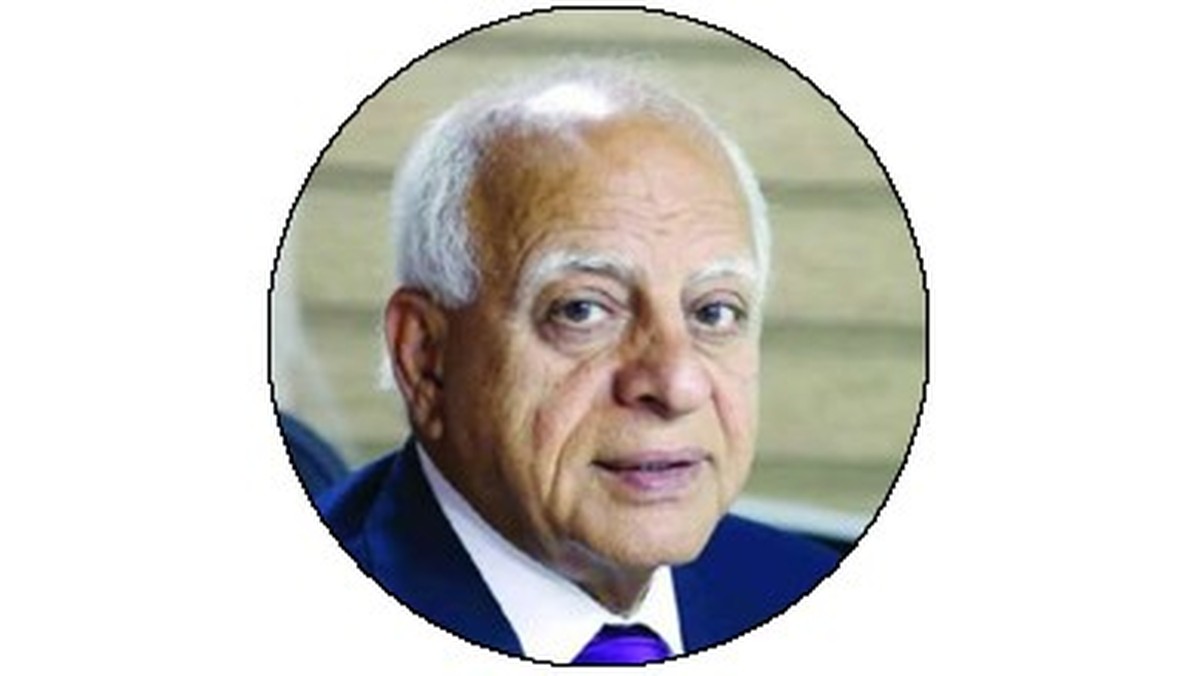28/06/2025
28/06/2025
During sleep, the body produces proteins called cytokines, which are vital in fighting infection and inflammation. Sleep also supports cardiovascular health by regulating blood pressure and heart rate. Chronic sleep deprivation increases the risk of high blood pressure, heart disease, and stroke. Consequently, lack of sleep weakens the immune system, making the body more susceptible to diseases and viruses. It also contributes to weight gain by increasing cravings for high-calorie foods and leads to insulin resistance, which raises the risk of type 2 diabetes.
Sleep is the time when the brain processes information acquired during the day, transferring memories from short-term to long-term storage. This is a vital process for learning and information consolidation.
Getting enough sleep improves concentration and decision-making, and helps regulate brain chemicals that control emotions and mood. Sleep deprivation can cause anxiety, depression, stress, and severe mood swings. Sleep needs vary by age: infants require 12 to 16 hours, children about 12 hours, adolescents 8 to 10 hours, and adults 7 to 9 hours. We are all naturally programmed to wake up at certain times, but this schedule can be easily adjusted. Some people wake up with or before sunrise and perform their best early in the day, while others are most productive late at night.
A 2022 study published on the Insider website identified the following types of sleepers:
1. Morning Larks: People with high energy early in the day.
2. Evening Larks: Their peak activity occurs from late morning to early evening.
3. Sedentary Larks: They wake up, then sleep again, waking up later, with productivity starting late.
4. Swifts: Individuals who remain constantly alert throughout the day.
5. Wild Hens: Those who often feel constantly tired.
Who are the happiest or luckiest?
Morning people tend to report greater happiness and life satisfaction, partly because most of society operates on an early morning schedule. Night owls often score higher on intelligence tests and demonstrate faster mental processing, but they struggle in schools and workplaces that start early.
Studies show that creative ideas often increase late at night, likely due to fewer distractions and more mind wandering. Ultimately, most people don’t fit neatly into one category. In daily life, we encounter many types of people.
Some inspire us, while others create an atmosphere of complaints, criticism, jealousy, and negativity. These individuals can’t stand others’ happiness, seek out faults, and belittle success, but they are often unwilling to change themselves. It is best to avoid such people whenever possible.



